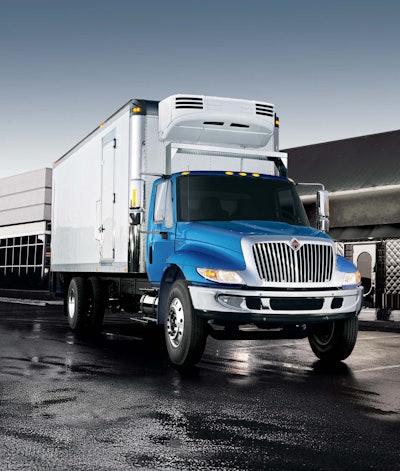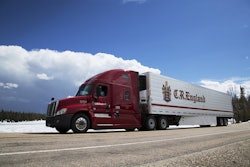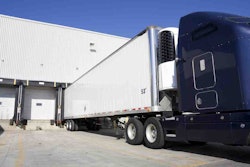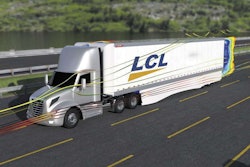 The International DuraStar
The International DuraStarThanks to their advanced cooling systems, electronics and precious cargo, refrigerated trailers have long been known as some of the hardest trailers to maintain.
And according to the Truck Renting and Leasing Association (TRALA) Equipment and Technology Advisory Council discussion Monday at the group’s annual meeting, that stigma won’t be going away any time soon.
Beginning on March 31, 2017, all United States shippers and carriers of human food will be required to comply with the food safety regulations outlined in the FDA’s Food Safety Modernization Act. Developed to standardize and better document the process of loading, unloading and transporting perishable food for human consumption, rollout of the Food Safety Modernization Act has been in the works for nearly a decade, says Don Durm, director of strategic customer solutions for PLM Trailer Leasing.
“The FDA has always been kind of a reactionary body … they’d identify a problem [once it occurred] and ask questions,” Durm says. “With [the Food Safety Modernization Act], they are becoming more of a law enforcement body.”
Most of the regulations within the law apply to shippers – defined within as a person, manufacturer or freight broker who arranges for transportation of food in the U.S. by a carrier, or multiple carriers simultaneously, Durm says – but because of the way in which they are written, many also have a clear and direct connection to hired carriers. (And from there, the leasing companies who ultimately own and are providing the equipment.)
The most significant of which is that shippers will now be responsible for dictating trailer design.
Durm says the law puts the responsibility on shippers to clearly communicate to a carrier how a trailer must be designed, stocked, loaded and unloaded, and each step in the communication process must be dictated and noted for the record. Any failure by a shipper to dictate a step, or a failure by a carrier to follow through, will have the potential to result in fines.
“The goal of this rule is to prevent practices during transportation that create food safety risks, such as failure to properly refrigerate food, inadequate cleaning of vehicles between loads, and failure to properly protect food,” the FDA says.
The FDA says the law will not apply to food that is shipped through the U.S. but not distributed (for example, from Canada to Mexico), but will apply to food meant for export until it reaches the U.S. border.
Bud Rodowick, manager of fleet performance at Thermo King, says rental and leasing companies should begin receiving unique specification requests from all reefer customers in the months leading up to the law’s implementation. And because those design requirements will be coming from carriers unfamiliar with trailer design, Rodowick says it is best for all dealers to educate themselves to better serve (and protect) the business of their customers.











